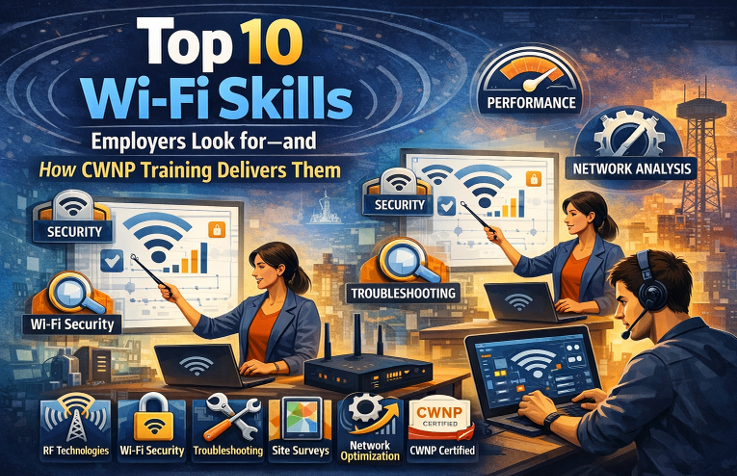Money, Money, Money
Following on from a previous blog about the Value of Certifications, we decided to see exactly what kind of actual financial difference possessing certifications made, to the average engineer.
What is the point of certifications? There are a few of important answers to that question:
- To gain knowledge (to do a better job for your employer)
- To prove competence:
- job security/to keep a job (prove yourself to be invaluable)
- to get a job, or
- apply for a promotion.
Being able to independently prove your technical competence can be a great help in your career. If I was applying for a job at your company and attended an interview with you and, during our conversation, I said, “I understand networking.” You probably think, “Well, can you prove it?” If I pulled out a CCIE certification (Cisco), you would probably be impressed – and might still want me to prove it with a small in-house test, but you would be much more comfortable having seen certified proof.
This is where certifications come into their own: they help get you past the HR algorithms, which are often programmed with specific “must have” keywords, and into the interview, where you can really sell yourself and your abilities. This is the same whether you are applying for a promotion, trying to laterally transfer, or seeking a new role with a new employer.
Using Robert Half Salary Reports, the following remunerations were stated for a Network Administrator, working in the United States:

Are Industry Certifications Worth It?
Someone with a relevant certification – be it Cisco CCNA, CompTIA A+, CWNA, etc. – would be considered to have gone a long way to proving their technical competence. The certification, along with some actual work experience, in conjunction with the ability to verbalize that experience in a coherent manner, would certainly be considered in, at least, the “average” category in the table above.
If we examine the case of someone who is applying for a job as Network Administrator, who is fairly new to the industry, has very little hands on experience, but is working on their certifications, they might be looking at 76,250 as their salary… but with a certification to prove their competence, that figure might jump up by over $16,000 a year!
So, as you can see, the difference between someone new and someone with some experience and the certifications to prove their knowledge, IS significant.
In this author’s view, sitting a class for a few days and taking the exam to gain a certification is definitely worth it!
…
About NC-Expert
NC-Expert is a privately-held California corporation and is well established within the Wireless, Security, and Collaboration industry certification training, courseware development, and consulting markets.
Led by its Founder and CEO, Rie Vainstein, NC-Expert has won numerous private contracts with Fortune level companies around the world. These customers have depended on NC-Expert to train, advise, and mentor their staff.
If you are looking for the best in IT Network Training then call us today at (855) 941-2121 or contact us by email today.
The post Money, Money, Money appeared first on NC Expert.
NC-Expert Blog






